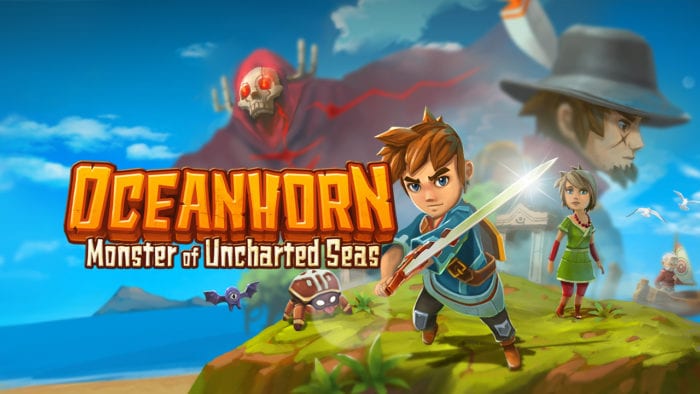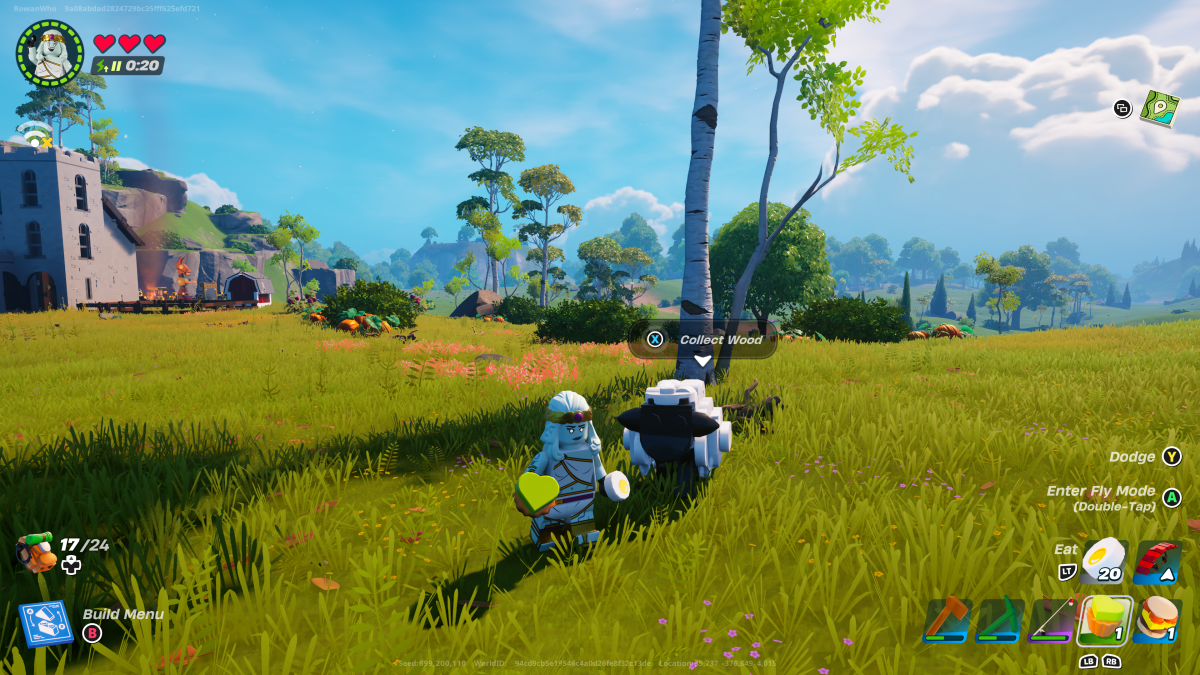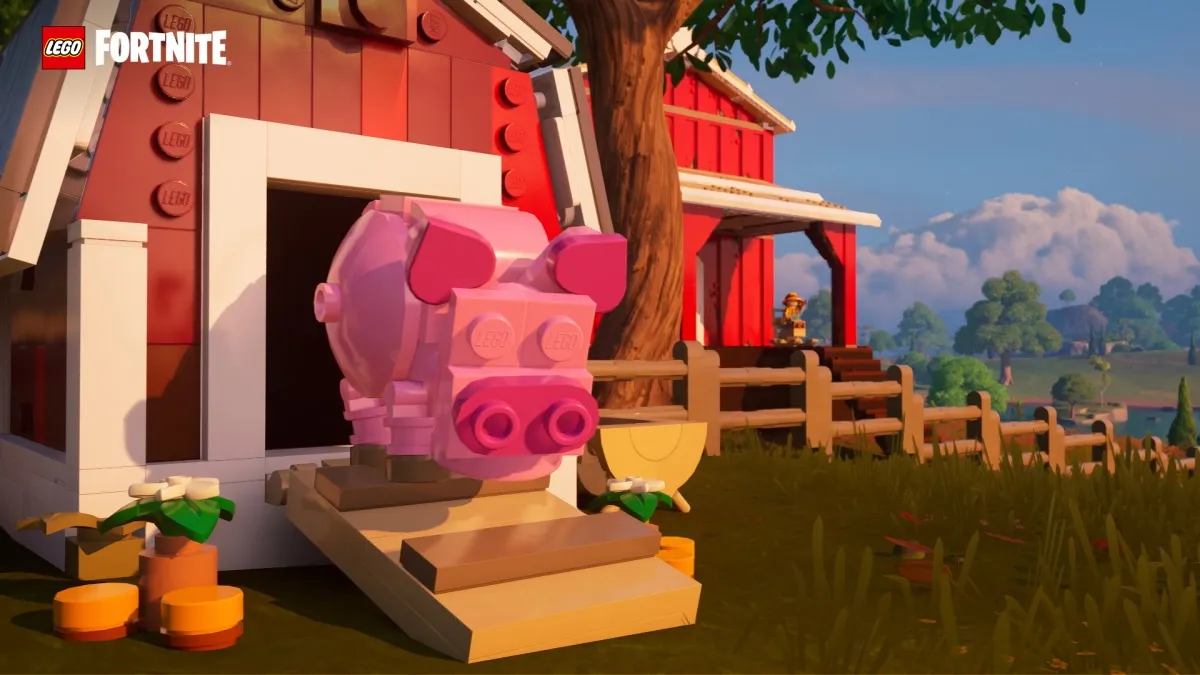Whenever I hear that a mobile game has been brought to console, my first response is to sigh with a heavy disposition, as thoughts of tacky menus and free-to-play microtransactions swarm my imagination. And yet, for the entirety of my journey with Oceanhorn – Monster of Uncharted Seas, I must admit that I had no idea, or indeed any reason to believe, that the title had been an iPad game before arriving to PS4 and Xbox One. It boasts such a level of quality that it easily stands on its own two plucky feet as a worthwhile adventure, albeit one which makes a few missteps along the way.
The first thing Oceanhorn does when you boot up the game is give credit to its music composers, and rightly so. Nobuo Uematsu (Final Fantasy, Chrono Trigger) and Kenji Ito (the Mana and SaGa series) have collaborated to produce some of their best work in recent memory here, and developer Cornfox Bros isn’t afraid to keep their score proudly playing in the background throughout the entirety of Oceanhorn’s eight to ten hour runtime. From brooding piano tracks to catchy ‘first zone’ jingles, the soundtrack to this adventure represents a large part of its appeal.

Oceanhorn doesn’t falter in other aspects of its presentation either; the bright, colourful visuals have been translated well onto the big(ger) screen, and are a real treat for the eyes on the PS4. Sometimes the inherent homages to various The Legend of Zelda games feel a tad too ham-fisted (if you squint, in would be easy to mistake the main character for Link himself), but it’s hardly a poor choice for inspiration.
The story itself is serviceable and bathed in clichés – chronicling the efforts of a young boy to find his father and fight the forces of evil – but there are some laudable attempts to craft a rich lore surrounding this universe of island worlds. The varied environments each tell their own narrative too, such as a village island dealing with its own internal politics, or a desert land harboring the ruins of a once glorious civilization.
There aren’t any real side-quests to speak of, other than a few challenges to complete and hidden items to discover, which allow for some lighthearted moments within the more serious main story. Sadly, travelling from island to island via boat or airship is really just a glorified form of fast travel, with no room for any player exploration upon the seas.

The one area where I really wish Oceanhorn would exhibit a little more depth is its combat. You can swing your sword, raise your shield, and fire projectiles and items at enemies, but that’s really all there is to it. As a result, enemy encounters feel neither challenging nor engaging.
The spells you are able to cast later on in the game, on the other hand, are something of a double-edged sword; they do change up the fights by giving you more options, but they also make things a lot easier for the player, thereby exacerbating the aforementioned problems relating to any challenge the game poses. The boss fights represent a little more complexity, but none of them boast any real ingenuity in their design beyond the usual ‘hit their weak point’ trope.
The game’s approach to leveling is something of a sore point too, as there is no skill tree to speak of, rendering the whole point of gaining experience as somewhat meaningless. You do earn new skills, such as the ability to shoot from your boat or run for a longer period of time, but these are normally tagged to progression in the story itself. This feels particularly disappointing when you consider that the inclusion of a proper levelling system could have done wonders to improve the combat, and this twin pairing of deficiencies represent Oceanhorn’s most glaring problem.

The puzzles, however, feel much more satisfying to tackle, as they often require players to employ every facet of their abilities, whether it’s using your shield to deflect laser beams or melting ice with your fire spell. They aren’t exactly a brain-strain, but neither do they feel arbitrary or boring to complete, and certainly help to break up the pace of exploration across Oceanhorn’s ten or so islands.
Oceanhorn – Monster of Uncharted Seas is a short, sweet tale, which you’ll enjoy mostly for its delightful visuals and enchanting soundtrack. The overt homages to The Legend of Zelda can sometimes feel more like blatant imitation than respectful tribute, and we wish there was a little more punchiness to the combat, but developers Cornfox Bros demonstrate competent game design here, and Oceanhorn subsequently represents one of the better mobile to console ports out there right now.
SCORE: 3/5 – FAIR
PROS
| CONS
|



